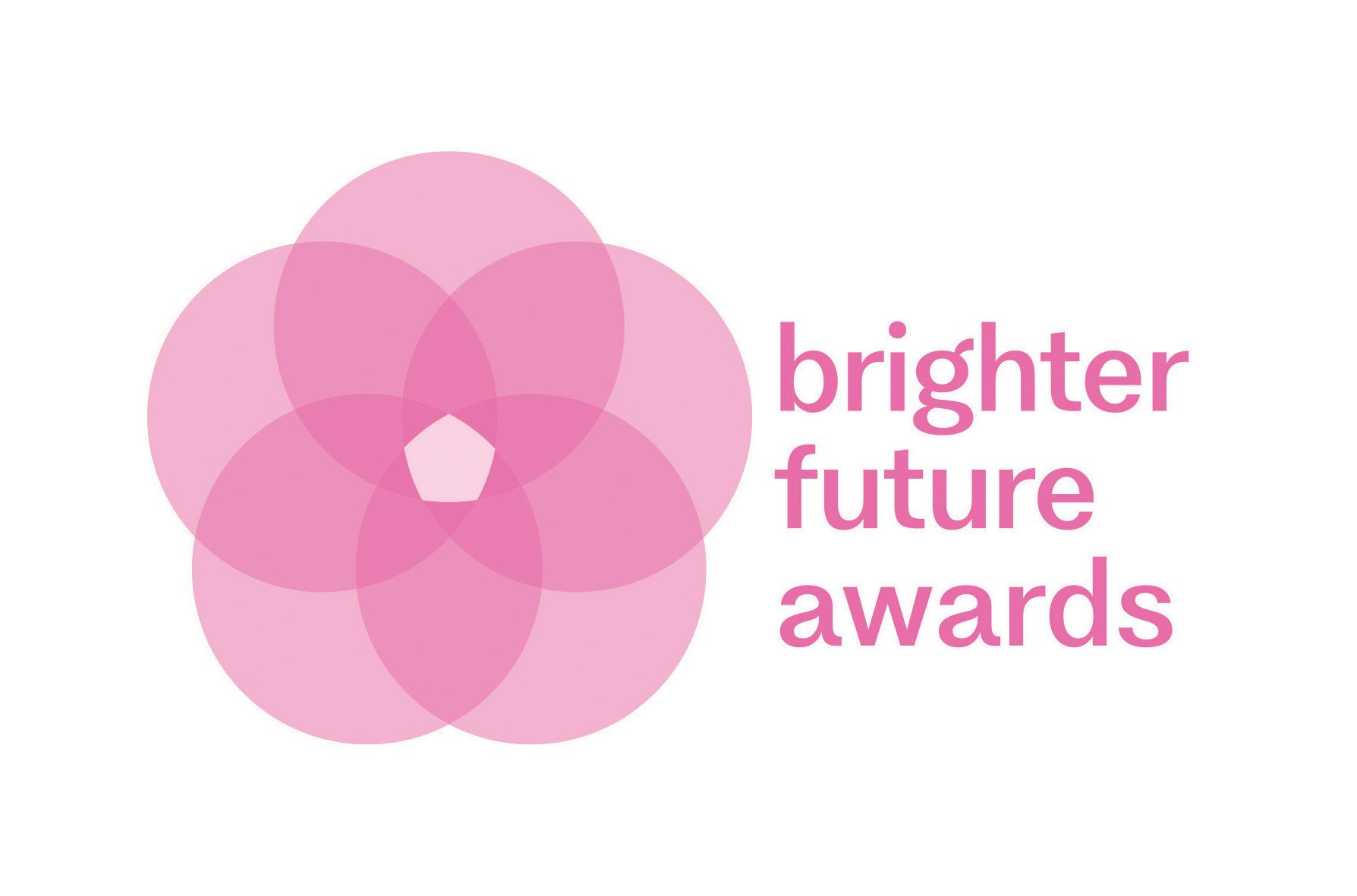The winner of the ahi: SA/NT Inspirational Team Member award 2023, Jamie Ward, is humble by nature, which is part of the reason why this achievement means so much. HousingWORKS spoke to her about it.
Enjoying and finding meaning in her work are at the core of what drives Jamie Ward.
“If you don't enjoy what you do, and you don't see the meaning behind it, then how do you work at your optimum level? How do you keep going every day if you hate it?” she posits matter-of-factly. “I always try to bring a bit of joy to everything I do and go, ‘You know what – this is why we're here; this is why we do what we do, and this is why we keep coming back’. That is my drive.”
Like many of her peers, Jamie is not entirely comfortable putting herself front and centre, preferring instead to get on with things, making a difference for her clients and the wider Believe Housing Australia community away from the spotlight. While obviously proud and appreciative of the acknowledgment by her workmates for what she brings to her job, the less attention paid to her the better, as she explains.
"As long as we can get what we need done and we work collaboratively, I'm happy."
“I like to just sit back and do my job and, as long as we can get what we need done and we work collaboratively, I'm happy. That’s probably nicer than me saying, ‘I need this done’, and ‘I want that done’ and making it all about me.”
“I like to recognise others and encourage them. If that means I can be at the back of that process pushing them, then I'm fine with that. But I'm not generally the one at the front that wants to be going, ‘Come on, let's go with me’. I really want to go with people and be with our staff.”
While aware she had been nominated by her peers, Jamie said that hearing her name read out as the winner of the ahi: SA/NT Inspirational Team Member gong at the awards ceremony last year came as a massive shock.
“I was looking around thinking, ‘Yeah, there must be somebody else’. Literally, our Executive General Manager of Housing, Stacy Northover, looked at me and said, ‘That's you!’. I was like, ‘Oh my goodness, you're kidding’!”
But there was good reason why Jamie had won.
"At a specific point in her life, her world changed considerably and forced a new perspective."
Never saying ‘no’ to new experiences is something that has become her mantra. At a specific point in her life, her world changed considerably and forced a new perspective.
“At that time, I made a decision to say ‘yes’ to everything,” she explains without delving into the details. “I've come through a lot in my personal life, and it’s driven me to take every challenge as it comes and really embrace everything.”
“There's nothing that will ever be bad enough that you can't push through and find a good outcome, whether that’s the positives in being with the people you are with — even if it's a stressful space and you've got good people around you — or whether it be like, you know what, it's one small step forward.”
"It’s about remembering that it's not always about me, it's about the opportunities that open doors for other people."
“[Always saying ‘yes’ is] not a good response all the time because you can end up with a lot of stuff on your table,” she admits with a laugh, “but it’s more about when an opportunity arises, thinking about who is going to benefit, how it will improve the world—or yourself—and saying ‘Let's give it a try’, instead of being negative and automatically saying ‘No, I am not doing that’. It’s about remembering that it's not always about me, it's about the opportunities that open doors for other people.”
Family is another major motivating force for Jamie. Coming from, as she describes it, a family at the lower end of the socio-economic ladder, she’s worked exceptionally hard to rise above her circumstances. This lived experience feeds strongly into her work life.
“I like to think that we respect everybody, and that it doesn't matter about your background or your health or whatever, but we all should have a voice,” she explains with intensity. “And, if we don't, somebody should have a voice for us.”
"I feel like, when I look back, my family didn't have a voice, and now I'm that voice."
“I feel like, when I look back, my family didn't have a voice, and now I'm that voice. So, I’m driven to help people who don't have a voice and I’m driven to help make the world a bit better by showing [my children] that this is what we need to do – we need to give back to our community – so they can look back and say ‘This is how Mum contributes’.”
“Whether that be in a workplace or whatever, there's no harm in being nice to people. That's how we should be as a world. We should come together and work well together.”
Community and caring for others are other aspects of her work that Jamie calls her ‘heartbeat’. It’s how she lives her life and finds meaning in her work, and it has made her the person that her colleagues find inspiring.
“There are lots of people across the board that have impacted me and helped get me to where I am today, and how I tackle the world,” Jamie says. “As well as my family, I've worked at Believe Housing Australia for 12 years now, and I absolutely love and appreciate the people that I work with, and those who have given me these opportunities.”
"I am who I am because of everybody."
“I've seen a lot of people come and go but, at the same time, every one of them has brought something to me and helped me improve, given me more confidence — those sorts of things,” she concludes. “But I am who I am because of everybody. I take on board conversations and listen to what they say. Even if it's negative or positive, you've got to take it on your chin, reflect on it and be better for everybody because that's how we as a world need to keep it rotating well.”
The ahi: Brighter Future Awards will be taking place again in 2025
Share This Article
Other articles you may like








